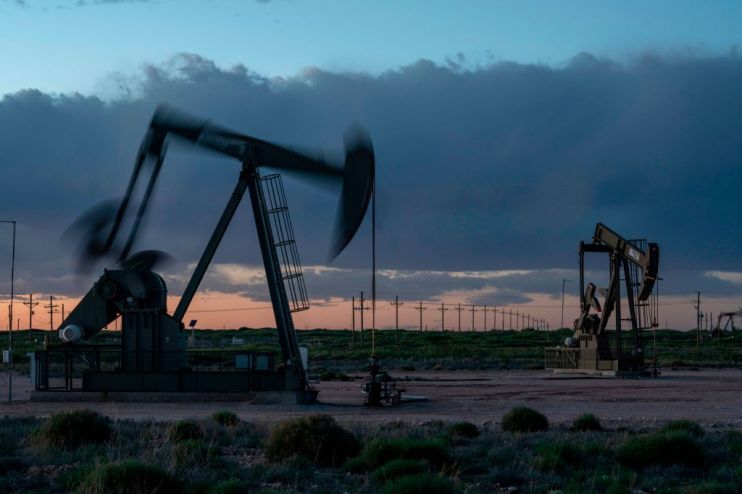Oil prices slip as Opec prepares to relax production curbs

Global oil prices slid today amid growing concerns that producer cartel Opec would ease its record production curbs just as a rising number of coronavirus cases threatened to stall the reopening of the world’s economies.
US standard West Texas Intermediate fell 0.8 per cent to $39.80, while worldwide benchmark Brent Crude dropped 0.4 per cent $42.55.
The Opec cartel, along with allies such as Russia, are currently meeting, with the group expected to ease production cuts from 9.7m barrels per day to 7.7m barrels per day from August.
The gradual easing of lockdowns around the world and the return of economic activity had prompted prices to rally after April’s historic crash.
However, restrictions were yesterday reimplemented in California, the US’ most populous state, with similar action already having been taken in Florida and Texas.
In Australia, which initially avoided high numbers of cases due to the swift implementation of restrictions, a recent spike of cases has led to authorities putting some border closures and local curbs back in place.
Before the Open newsletter: Start your day with the City View podcast and key market data
Rystad Energy oil markets analyst Louise Dickson said: “Increasing the production was planned to coincide with an increase in demand.
“But Covid-19 is now putting a shadow over the demand recovery, which is expected to be slower than what the market expected when the Opec+ deal was in the making”.
Opec’s latest monthly report finds that oil demand will increase by 7m barrels per day next year, although demand will still remain below pre-coronavirus levels.
Despite the price risk, Cailin Birch of the Economist Intelligence Unit said that Opec would likely go ahead with easing the production curbs in order to seize market share back from the US shale industry.
“US producers will need to see a stable price environment and steadily increasing demand in order to increase production; if Opec+ manages to soak up new demand more quickly, they may succeed in containing US shale in the coming years”, she said.